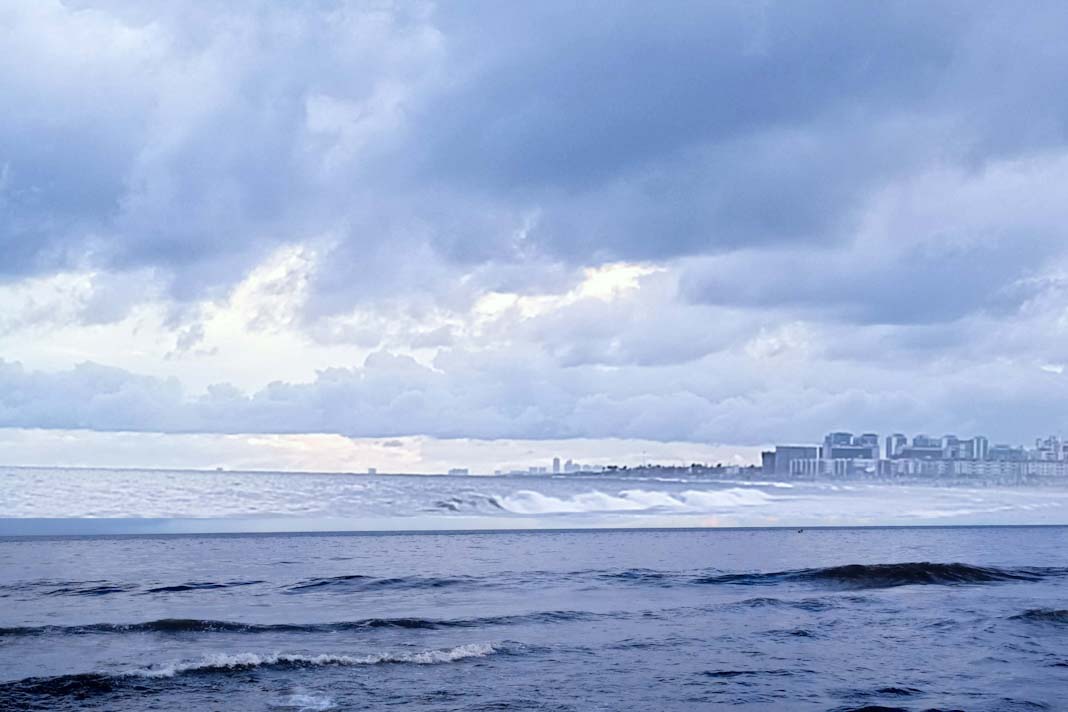- The Paris and Tokyo MoUs will conduct a joint CIC on Ballast Water Management from September 1 to November 30, 2025, with a ten-question checklist to verify compliance.
- Certain negative responses may lead to vessel detention, while others will be recorded as non-detainable deficiencies.
- The campaign runs alongside other PSC initiatives, including machinery space escape inspections, Paris MoU’s unannounced FICs, and USCG’s Enhanced Examination Program.
- Crews should ensure valid certificates, updated BWM plans and records, and fully operational treatment systems.
From September 1 to November 30, 2025, the Paris and Tokyo MoUs will conduct a joint Concentrated Inspection Campaign focusing on Ballast Water Management. With the release of the CIC questionnaire, port state control authorities are moving forward with planned inspections. This development is a continuation of the update provided on July 15, 2025, according to DNV.
Ballast Water Management Inspection Campaign and Related PSC Activities
The questionnaire includes ten checklist items to verify compliance with Ballast Water Management requirements under the relevant IMO instruments. Negative responses to questions 1 to 6, 9, and 10 may result in detention, while questions 7 and 8 would only be recorded as non-detainable deficiencies. Although the questionnaire does not directly address the Safety Management System (SMS), any deficiencies related to Ballast Water Management can have implications for both onboard and company SMS procedures. (Click here to see the appendix of the pdf).
In addition to this campaign, other port state control (PSC) activities are ongoing. These include the current campaign on emergency escape from machinery spaces, Focused Inspection Campaigns conducted by the Paris MoU without prior notice, and the United States Coast Guard’s Enhanced Examination Program, which covers various topics every quarter without advance publication. Local PSC campaigns may also be implemented as required.
Vessels are advised to ensure that officers and crew are familiar with their responsibilities and the updated checklist. They should verify that all required certificates and approvals are valid, maintain up-to-date Ballast Water Management plans and record books, and confirm that all related systems are functioning as intended.
Did you subscribe to our Daily newsletter?
It’s Free! Click here to Subscribe!
Source: DNV

















